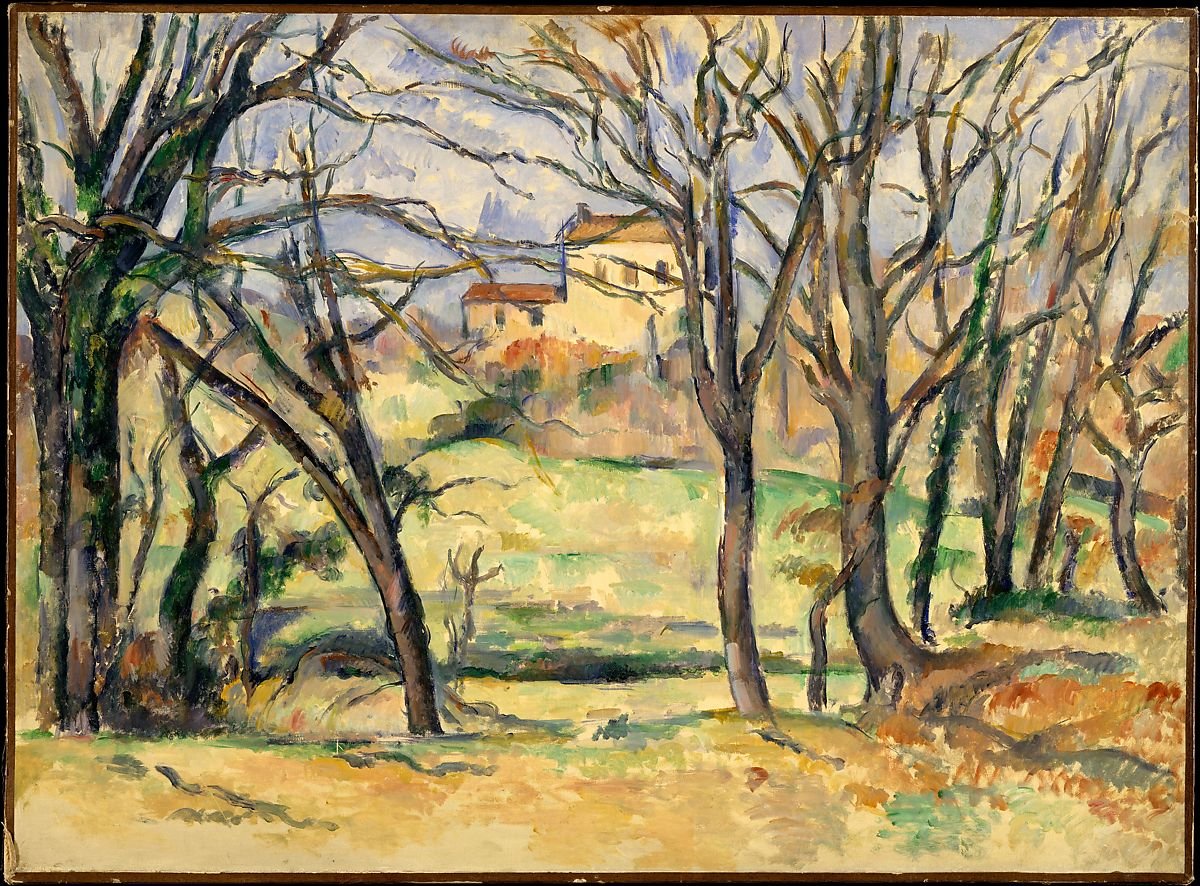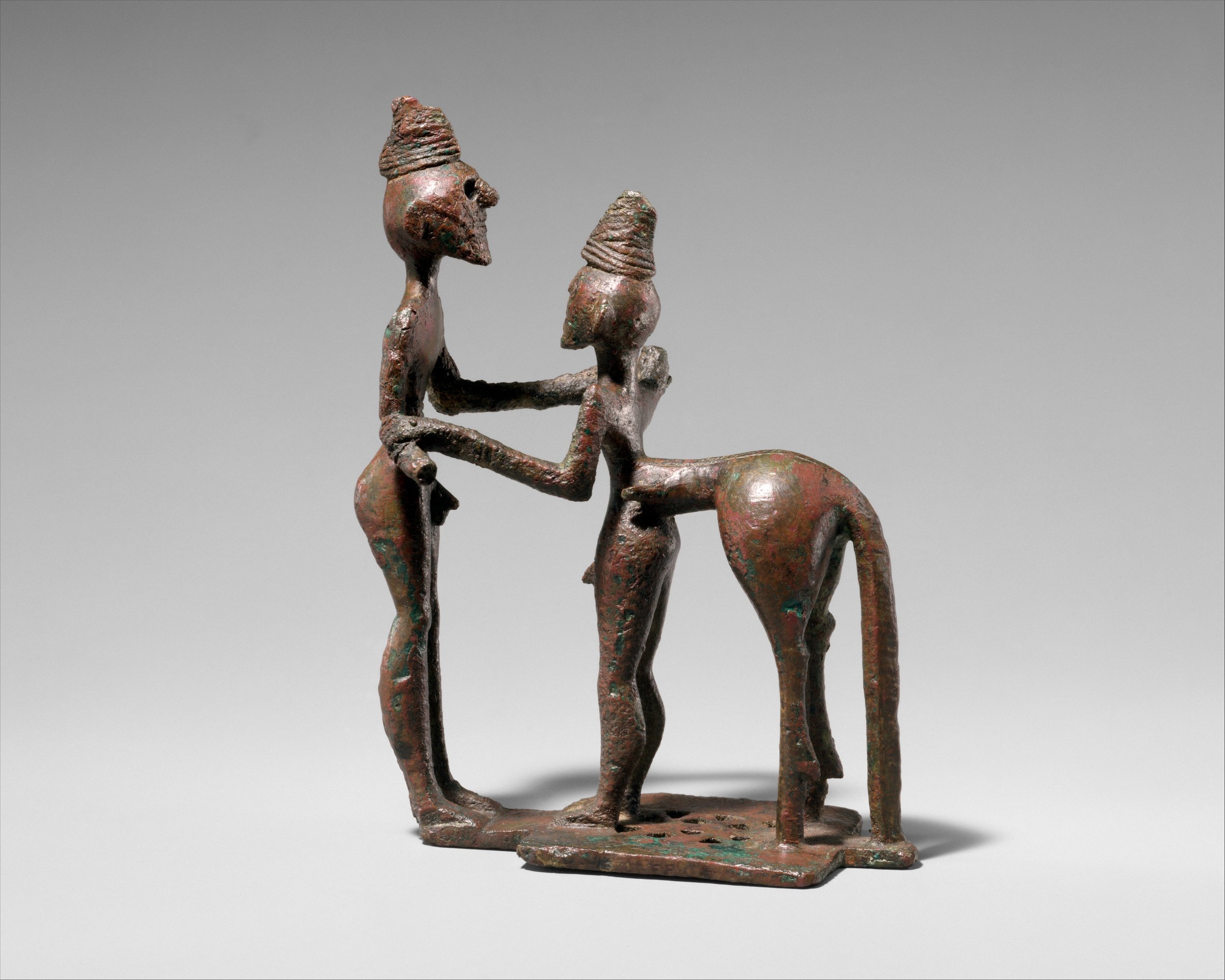from Psychotherapy
to Self-Observation
The cornerstones of our healing model:
*Healing implies a change in your relationship with yourself, not with a psychotherapist.
*Psychotherapy is not different from other types of learning. One needs a friendly environment to practice newly acquired skills.
*An approach to healing that is instrumental in learning a particular style (language) of self-expression is sometimes more efficient than a more generic approach to healing.
Labs of Awareness is a positive psychology, non-crisis support center for individuals who prefer the adventure of self-observation over more traditional forms of psychotherapy or for those for whom a sense of well-being is less conditioned by mental health symptom management.
Our goal is to help you reconnect with your sense of flow and creativity, which are always accessible, no matter what you do—or do not do. With us, you can continue to grieve and brainstorm as you would in more traditional forms of psychotherapy, but you can also explore new activities and ways of being and build entirely new rituals and habits.
Although our services are designed for people who are not working through acute stages of trauma, the approach we take is trauma-sensitive and attuned to many different forms of past experiences. Knowing that uncontracted flow is always at your fingertips can immediately alleviate many of life's troubles, especially those influenced by addiction and neglect.
How does it work?
1. The first session with each of our practitioners is free. If there is chemistry, you can continue seeing that same practitioner for regular 50-minute sessions and receive short reminders/check-in phone calls from that practitioner.
2. Short reminders/check-in calls may be scheduled to arrive with varying levels of predictability, depending on your goals in the self-observation process.
3. Once you become part of our community, you can schedule free crisis-resolution services.
Read on to learn about the differences between our approach and more traditional forms of psychotherapy:
Non-crisis self-observation support caters to a person's sense of connection to themselves and the greater whole. Crisis support primarily and almost exclusively addresses flare-like symptomatology, often serving more as a medical intervention or crutch rather than a transformative process.
Non-crisis self-observation support is attuned to depression, anxiety, and grief but addresses these states in a non-direct way, without hyper-focusing on perceived causes and conditions typical of acute distress. Crisis support helps people in acute states of depression, anxiety, and grief.
Non-crisis self-observation support offers opportunities for self-observation, in-the-moment reflections and self-knowledge elicitors, tiny adventures, and rituals to enhance creativity, something you have always wanted to explore. Crisis support provides advice and direct guidance on breathwork, touch, thought patterns, and perception modes.
The outcome of non-crisis self-observation support is a flow state enriched by new, mindful connections. This new flow state serves as an ever-deepening substrate for further self-observation. The result of crisis support is a calmer state of mind.
Non-crisis self-observation support helps you create and sustain new, helpful habits. The creation of new habits is weaved into the process of self-observation. You don’t need to do anything other than self-observe. Crisis support leaves the creation of new habits outside the scope of treatment.
The responder on the non-crisis self-observation support line is a trained psychotherapist with years of experience. In contrast, the responder on the crisis support line is an anonymous individual.
Non-crisis support may be logistically different from crisis support. In non-crisis support, there is no need for an entire 50-minute psychotherapy session. You can talk with us for as much time as you need, and often, just 10 minutes is enough to enter a state of flow and start feeling creativity brewing.
Have questions? Text us at +1 (510) 306-4254—we’d love to hear from you.
Our healing model grew out of a blend of diverse philosophical approaches:
Buddhist Psychology, Gestalt Therapy, Urban Theatre, Somatic Psychotherapy, Mindfulness, and more…
We believe that the process of healing is an ever-evolving experimental endeavor facilitated by a seeker himself/herself.
If you are interested in deepening your connection to the greater whole and are not afraid to change the very notion of who you are, this is a place for you. The only two things required for your participation are your desire to experiment and a belief that by helping yourself, you are helping others, as well as the other way around.

Dharma College
2222 Harold Way
Berkeley, CA 94704
Monday–Thursday
12pm–19pm
Friday–Sunday
Upon Request


